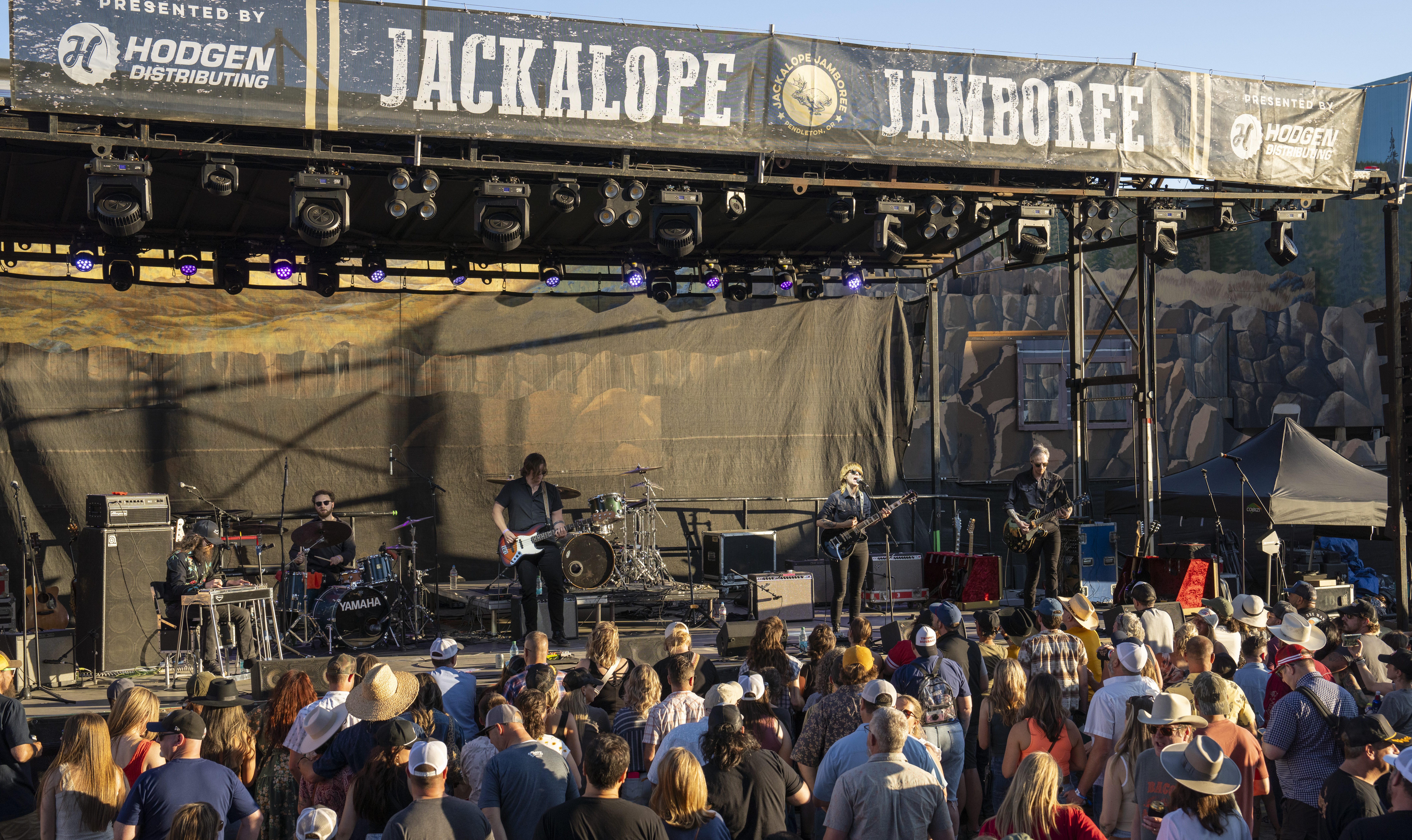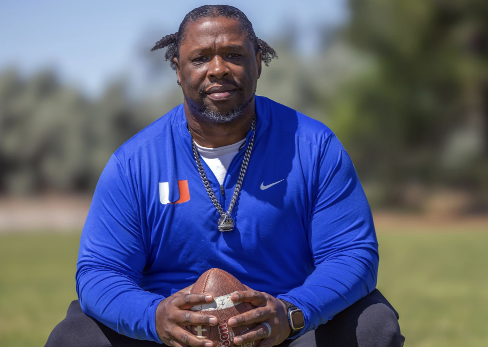Helping children understand elections
Published 5:00 pm Monday, September 30, 2024

- elections.jpg
In November, registered voters will elect our country’s next president along with state and local officials. My oldest child recently turned 18 and is looking forward to exercising this right for the first time. Elections are an essential part of our civic life and as a parent you can play a big role in helping your children understand how our communities and country function.
Even if you don’t directly teach your child about the ins and outs of politics, they will likely absorb information as they listen in on conversations about candidates and policies. Young students participating in mock elections through publications like Weekly Reader and Scholastic News have correctly predicted many of the past presidential race outcomes. Children also have an uncanny ability to tap into the values and feelings of their parents.
Whether they participate in the conversations or not, children are always learning. They may gain an understanding of where you stand on issues by observing, but it helps to consciously explain the importance of voting or why you feel so strongly about a particular topic. You can take it a step further and let your kids cast their own ballots on, say, what to do for a family activity, then let them tally the votes to see which one wins. A hands-on experience with voting can provide a deeper level of understanding on how the process works.
Elections can often involve strong feelings and heated debates among family and friends. While these can become contentious, it’s really vital to teach kids how to respectfully disagree and give space for others to share differing thoughts and ideas. A key element of our democracy is being able to engage in respectful dialogue about important issues that impact us, working towards solutions that best meet the needs of those involved. Understanding all sides of an issue and exercising curiosity when others have opposing viewpoints can help maintain a positive focus. Asking your kids what they think about issues that are important to them can encourage critical thinking as they work on forming their own opinions. If they see that their ideas are valued, it’s likely that they will continue to speak out on things that matter to them.
Though the basic elements of elections are easy to learn, there is a lot more to how the government functions that many adults (myself included) don’t fully understand. Luckily there are resources available and dedicated teachers who can help youth increase their understanding of politics before they head to the polls.
Umatilla High School civics teacher Chris Early says that “A huge part of what drives me as an educator is the desire to have our next generation of adult citizens as prepared as possible to participate in our common life. This is important stuff.” When it comes to what teenagers should understand before voting for the first time, Early encourages them do their homework.
“People often make the mistake of focusing exclusively on short term issues and how well they are personally doing things like employment, wages, and inflation,” says Early. But these things are always changing, he notes, and “the president has very little influence over them. They can’t just wave a magic wand and lower the price of gas or eggs.”
Instead, Early encourages young voters to “take responsibility for learning the basics of longer-term forces — like economics and monetary policy. Young people would be empowered to make better voting choices if they simply understood the concept of supply and demand.”
Early mentions another essential element for youth to consider: “Think critically about every word a candidate says or writes. Compare those words to their actions.” It’s okay to “trust, but verify” and remember that “the responsibility for learning and being informed is on the voter.”
Voting is a milestone to adulthood, but kids don’t have to wait until they can participate in national or state elections before getting involved in their communities to create positive change. In elementary school, kids can participate in student government and leadership positions, and there are many high school clubs like National Honor Society and Key Club that focus on serving others. Even participants on the Umatilla First Robotics team provide community service prior to competing.
Early points out that there are also neighborhood cleanups and volunteering opportunities at local animal shelters, hospitals, libraries or assisted living centers. “Opportunities abound, and if a young person regularly acts like they have a stake in and an obligation to their community, their country and their world, they will believe it, they will internalize it, and it will become part of who they are.”









